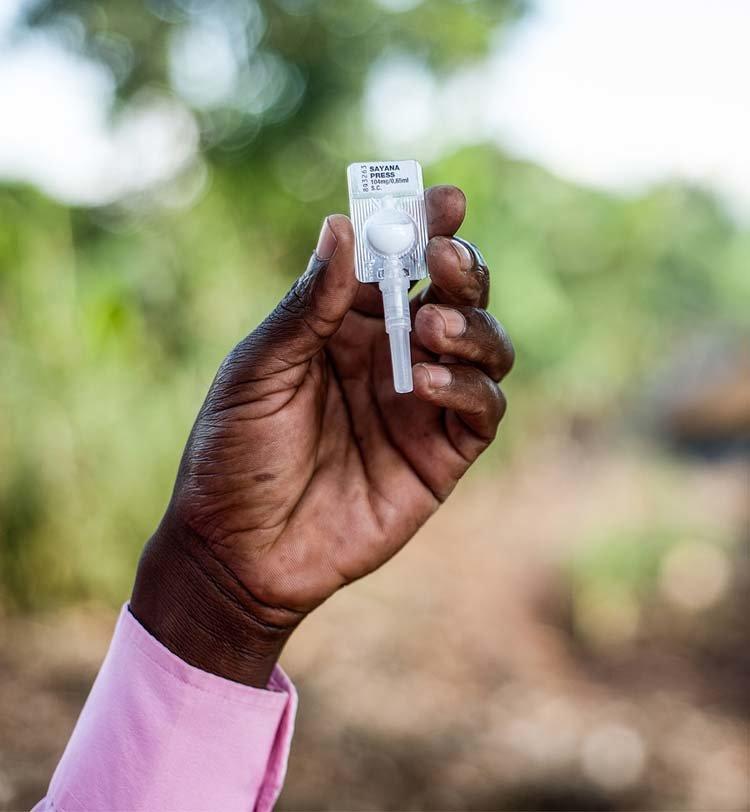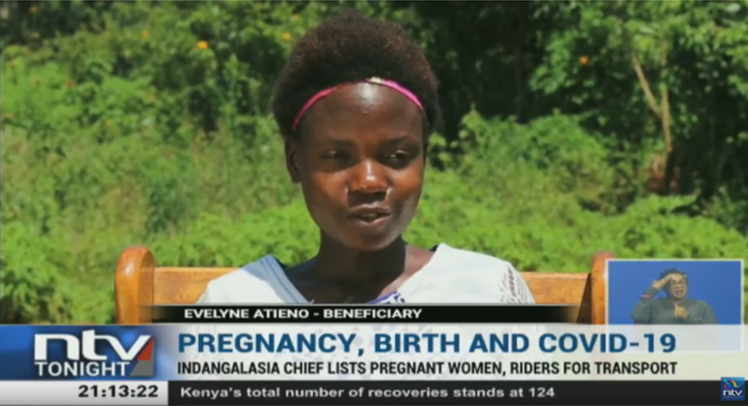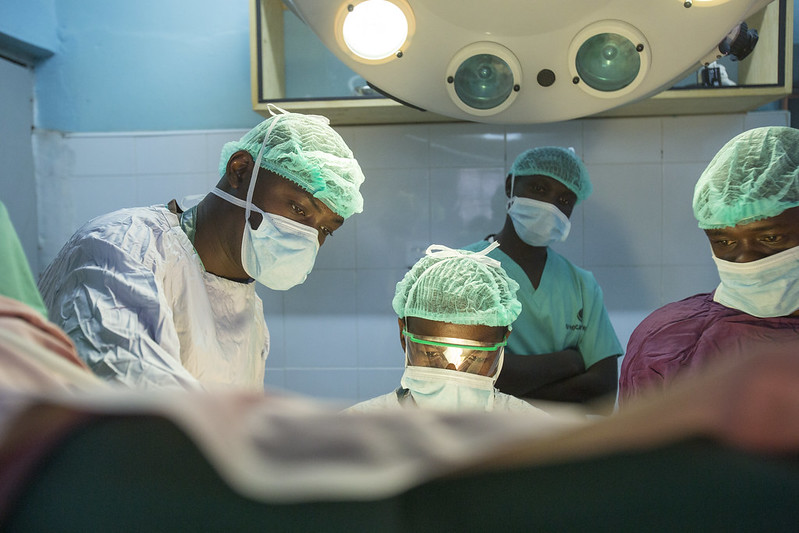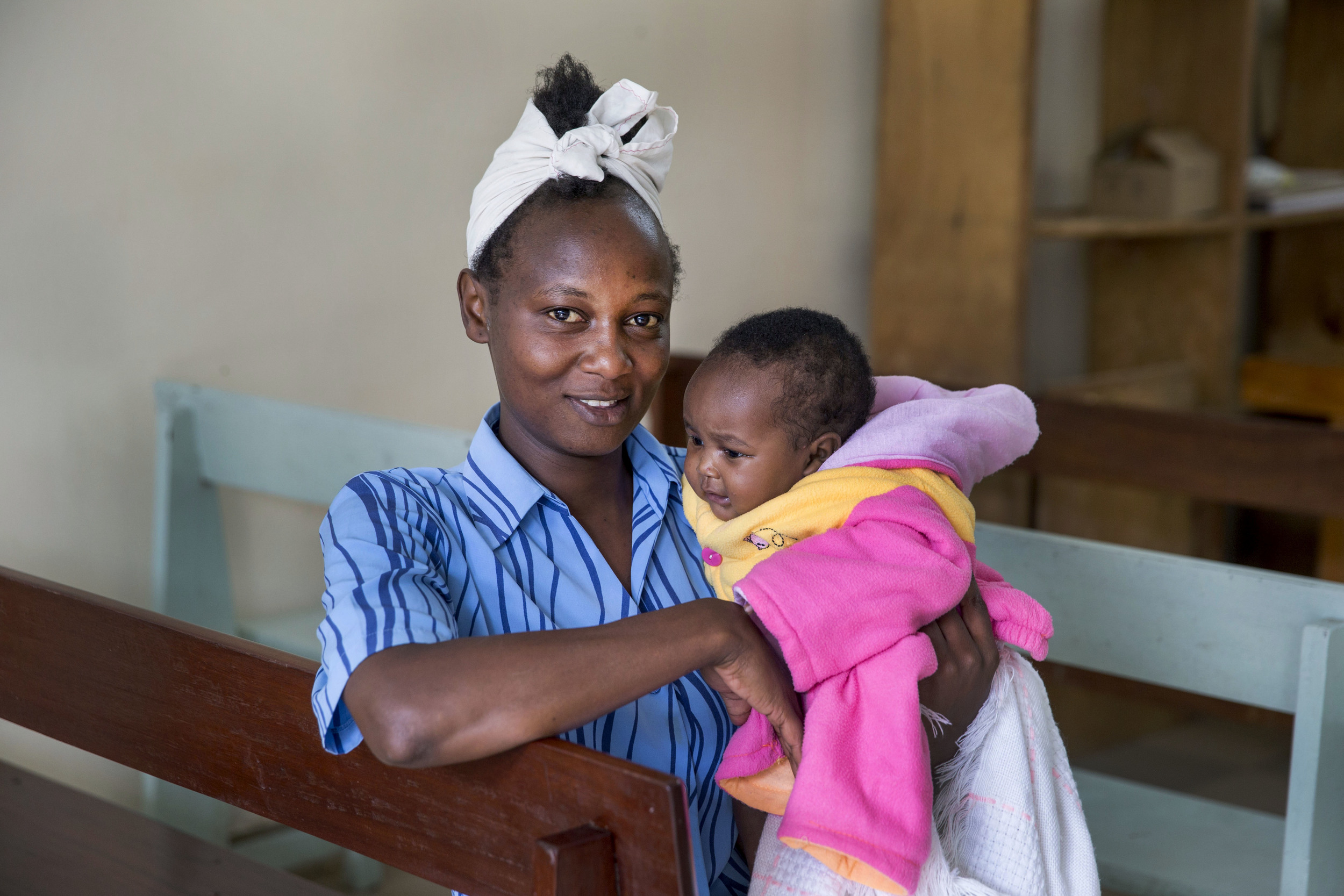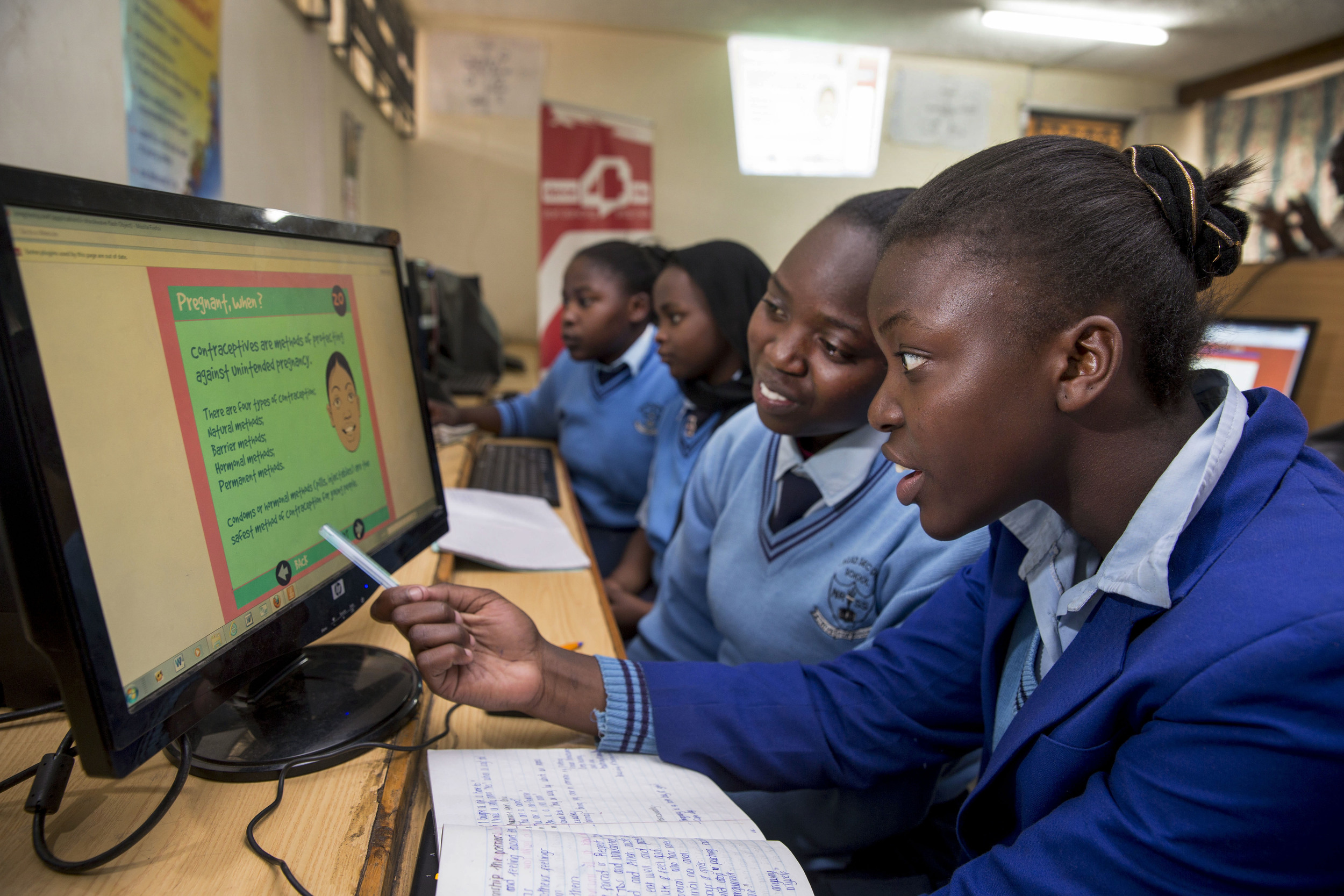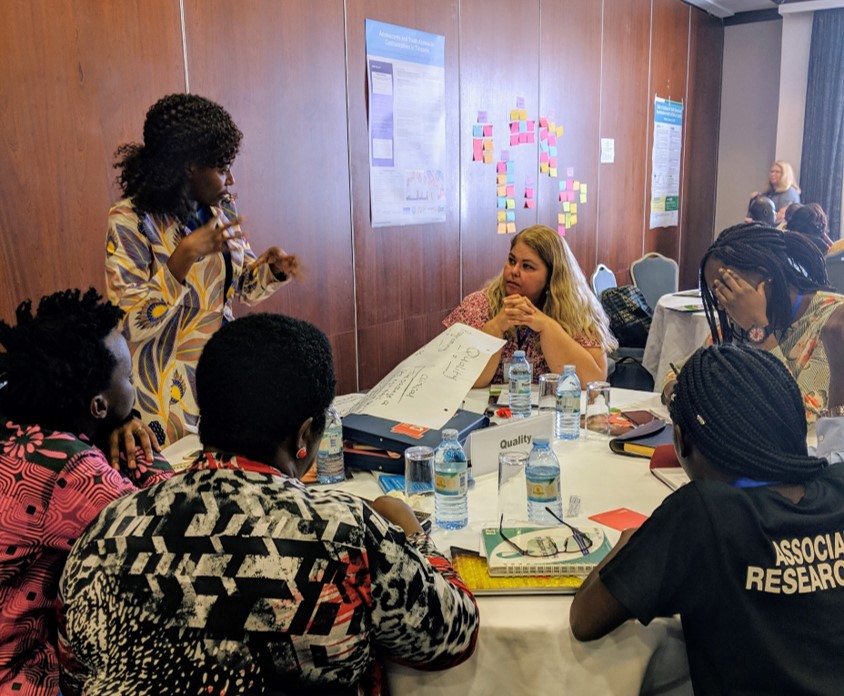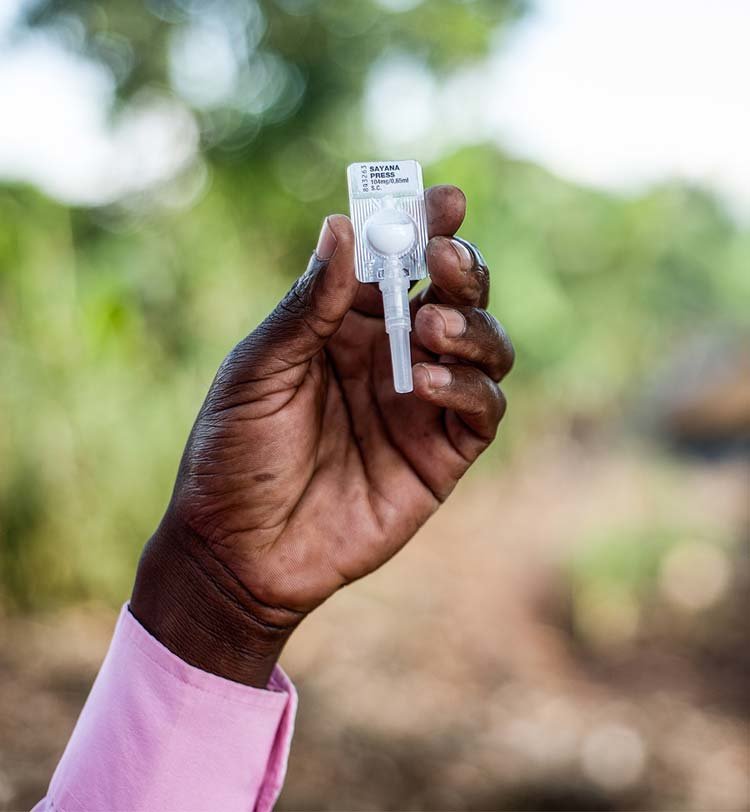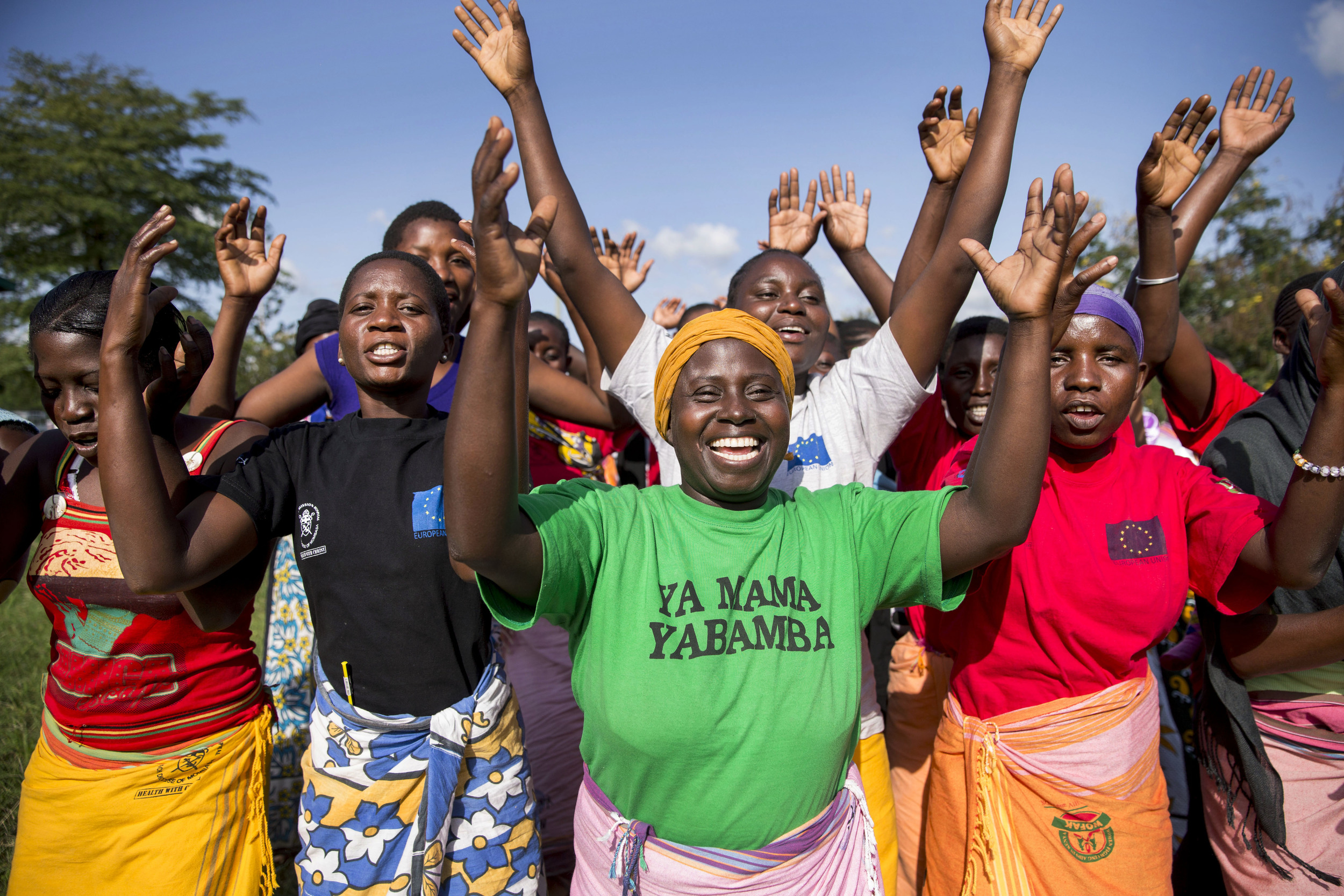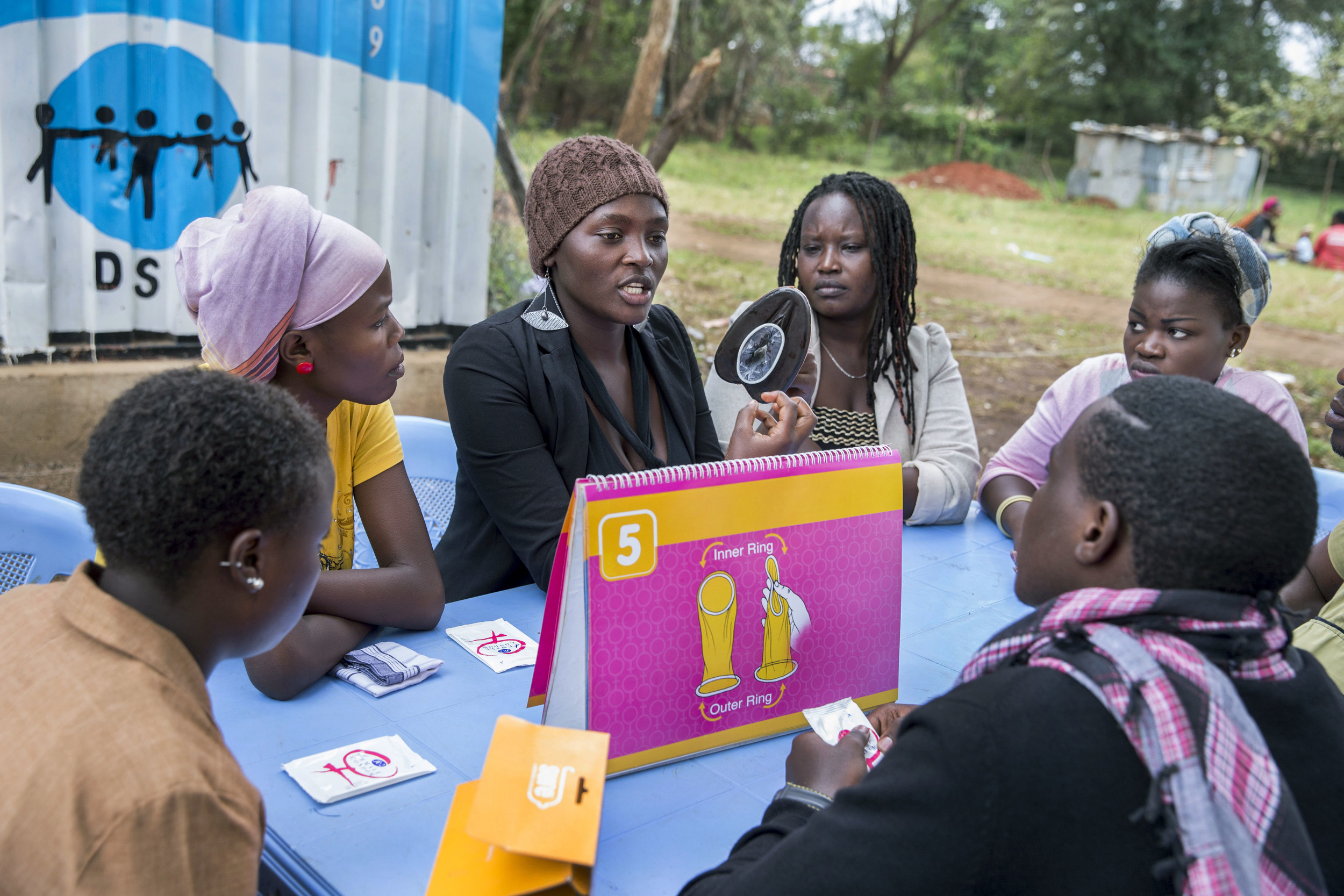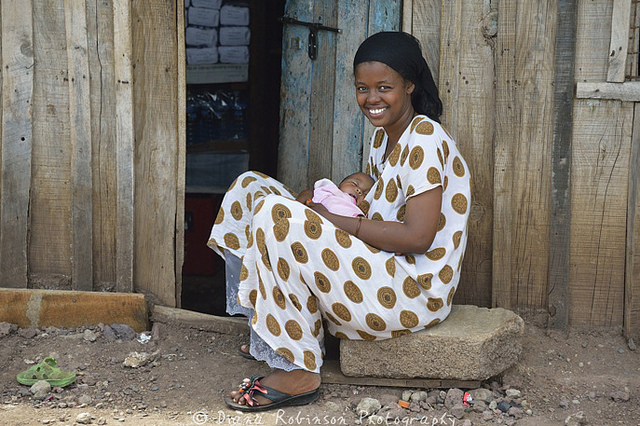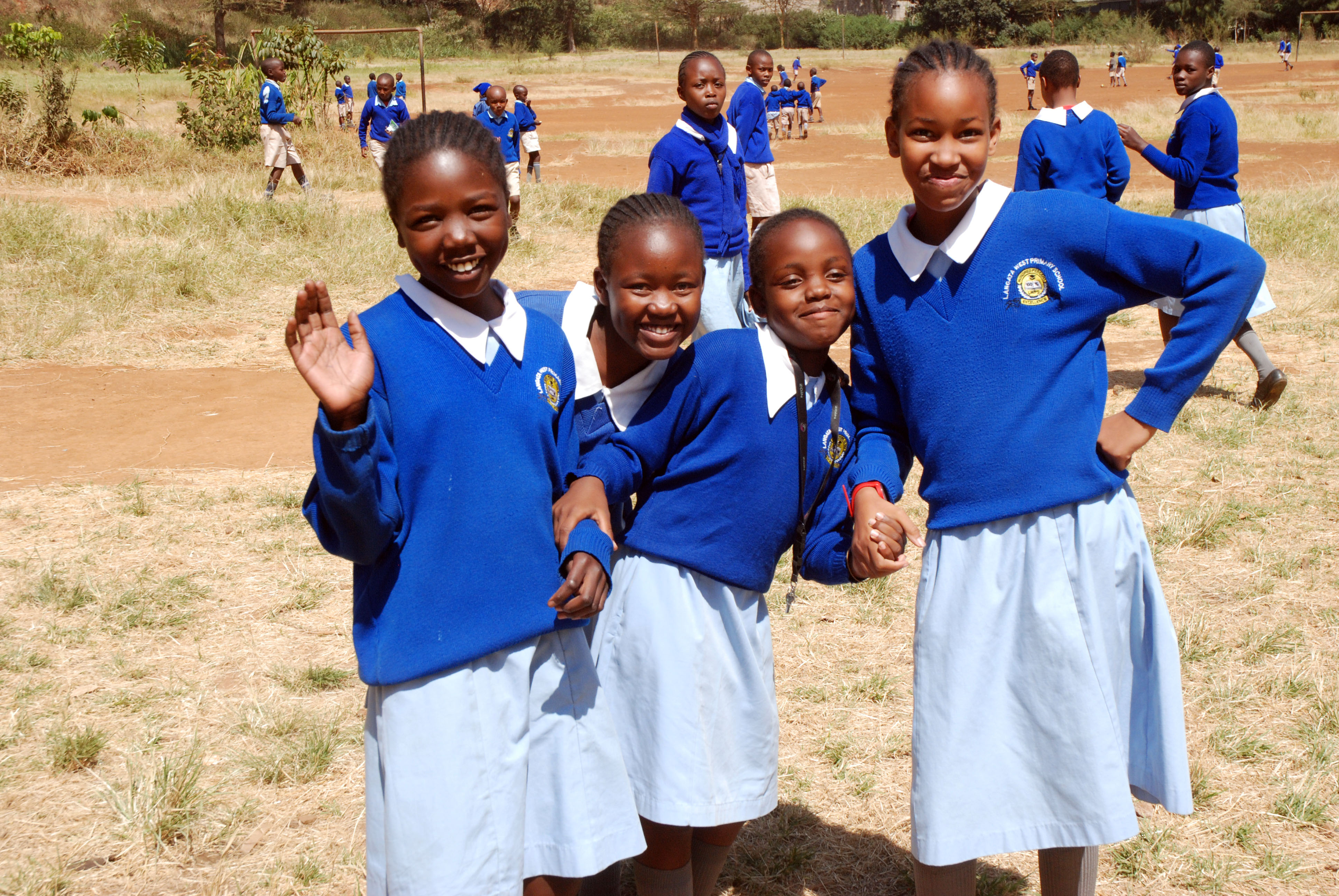View the latest family planning advocacy news from our partners.
On July 13, 2020, Kenya’s Department of Family Health approved a new national training package for pharmacists and pharmaceutical technologists that includes subcutaneous and intramuscular DMPA (DMPA-SC and DMPA-IM). The comprehensive curriculum integrates family planning, HIV, sexually transmitted infections, and other related services. Printing began in September 2020 and plans for roll out are underway.
Family planning services are rebounding in the Matungu subcounty of Kakamega County, Kenya, after the introduction of media advocacy efforts and a new initiative by local officials to ensure the continuity of essential services during COVID-19. Local “hotlines”—telephone chains that link expectant women to transportation to local health centers—are helping ensure that reproductive, maternal, and newborn health services continue despite curfew restrictions.
On May 7, 2020, the Narok County Director of Health issued a circular immediately reinstating non-emergency health services, including family planning, which were suspended on March 26th. The county ordered the suspension to deploy health care providers to COVID-19 response efforts as well as minimize risks to routine clients. Non-emergency services are now available at facilities in Narok County, and clients are returning to use them.
On May 27, 2020, H.E Wycliffe Oparanya, the Chairperson of the Council of Governors (COG), issued a memorandum to all 47 counties instructing them to continue essential health services including family planning during COVID-19 response efforts. The memorandum calls on the counties to adopt recommendations agreed upon by governors during the full council meeting, including to:
In June 2019, Kenya’s Ministry of Health approved the inclusion of new postpregnancy family planning (PPFP) indicators in the nation’s health information system. It is the first time that these indicators will be tracked systematically across all of the country’s health facilities. This advocacy win shows great potential to improve access to family planning across maternal and reproductive health units within facilities.
Four Kenyan counties have, for the first time, established multi-agency government task forces with action plans to address their high teenage pregnancy rates. The action plans commit to leverage resources for, address policy barriers to, and enhance efficiency in providing contraceptive information and services for young people aged 10 to 19. As of June 2019, the action plans are officially approved, and implementation is underway.
February 13, 2019
On October 9, 2018, during the national family planning validation meeting, Kenya’s Ministry of Health amended its family planning guidelines to allow pharmacists and pharmaceutical technologists throughout the country to provide subcutaneous and intramuscular depot medroxyprogesterone acetate (DMPA-SC and DMPA-IM). This policy change opens up an alternative for women and adolescents who may be reluctant to seek contraception at health facilities.
On May 11, 2018, Kenya’s Pharmacy and Poisons Board approved an application by Pfizer Laboratories Ltd for a change of label to allow self-injection of subcutaneous depot-medroxyprogesterone acetate (DMPA-SC). Now, DMPA-SC contraceptives in Kenya are approved to have a 36-month shelf life, 200-pack presentation, and self-injection label options.
The Ministry of Health in Nyeri County has established a stand-alone youth-friendly services clinic to provide reproductive health and family planning information and services to young people, including students in institutions of higher learning. The clinic began offering services on February 12, 2018, and will be officially opened later this month.
Makueni County is the first county in Kenya to capture post-partum family planning specific data. On July 4, 2017, the county director of medical services issued a circular directing all facility in-charges and medical superintendents to record and report monthly post-partum family planning (PPFP) data.
The ministries of health and education in Kenya’s Narok County are implementing their multi-sectoral costed action plan to address the county’s high teenage pregnancy rate. Narok County leads Kenya in the number of women aged 15 to 19 who have begun childbearing at 40%, far above the national average of 18%[i]. Approved in May 2017, the plan aims to prevent unintended pregnancy by providing targeted interventions for adolescents.


